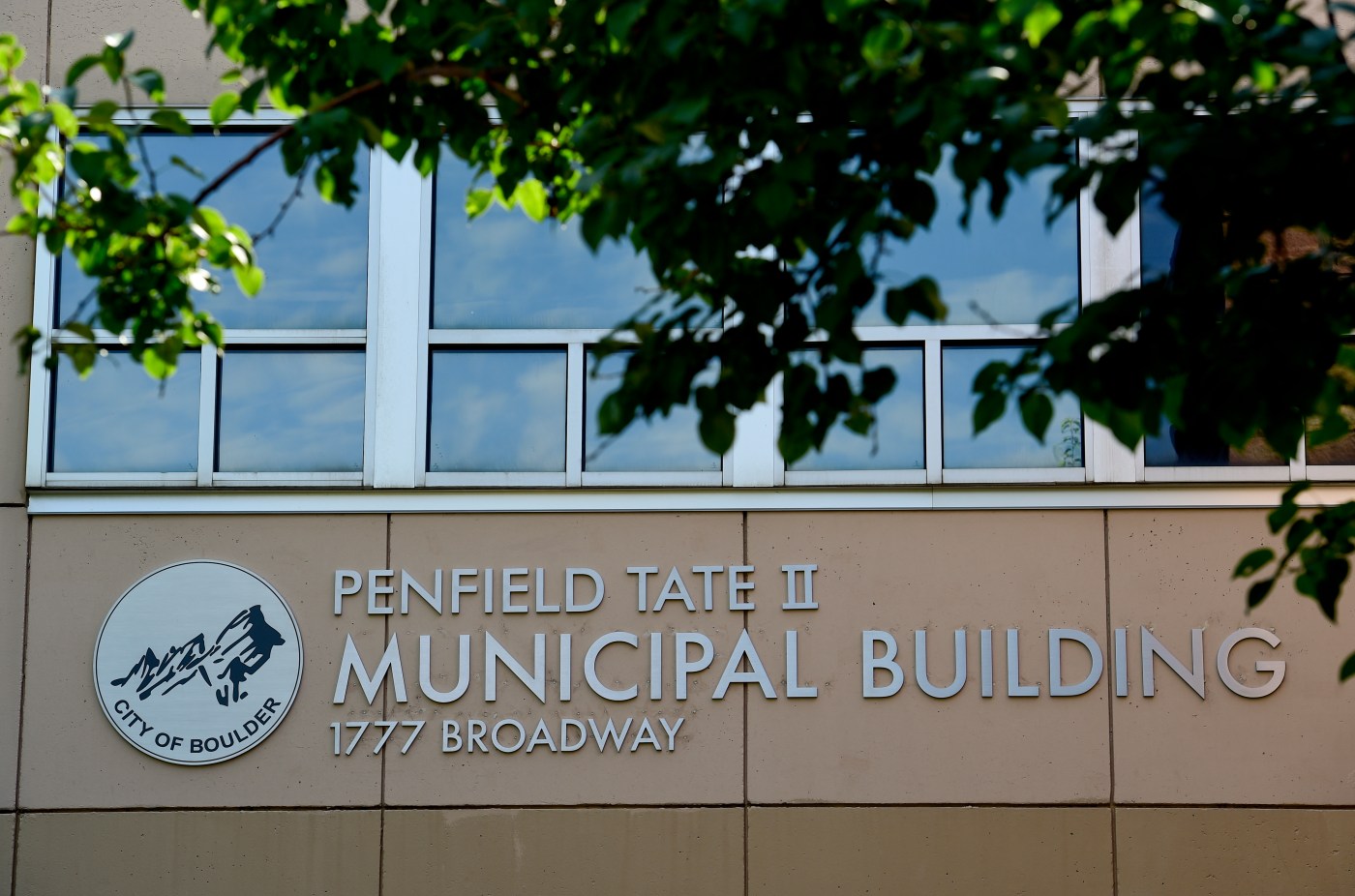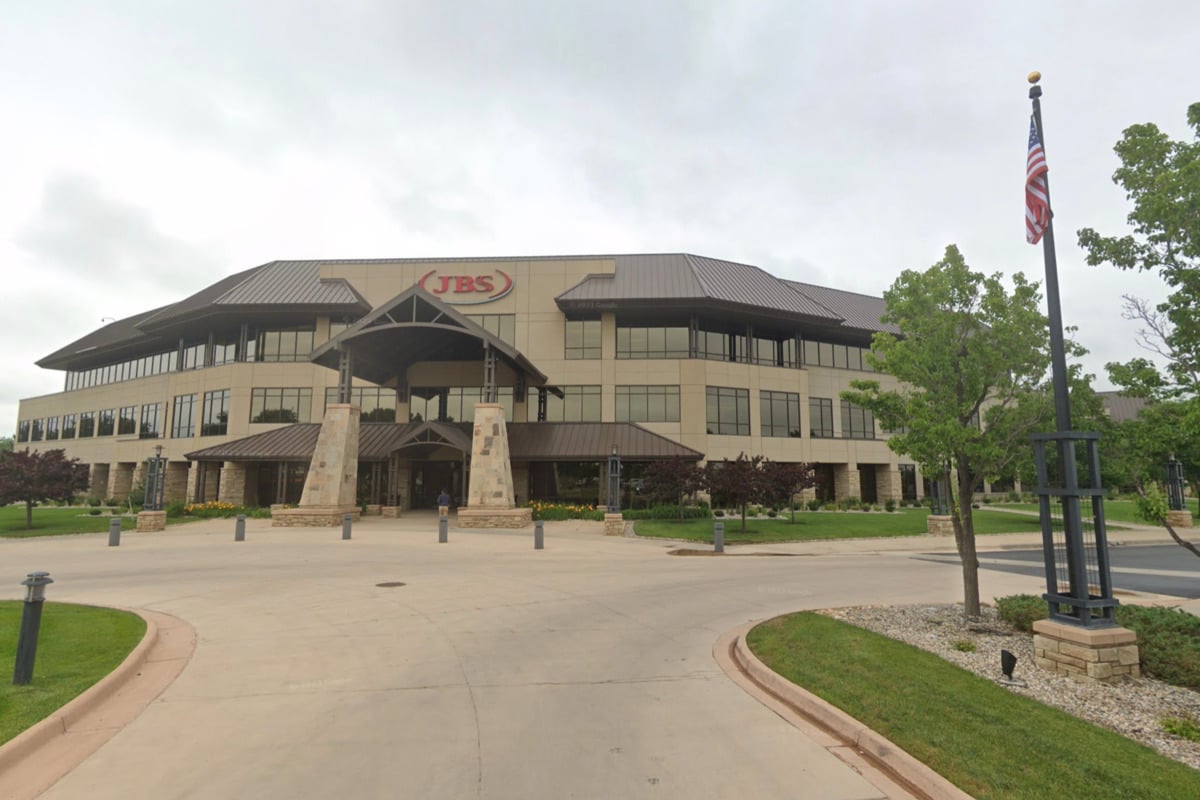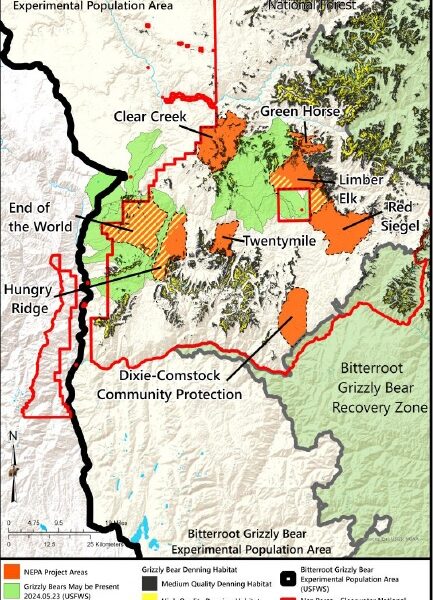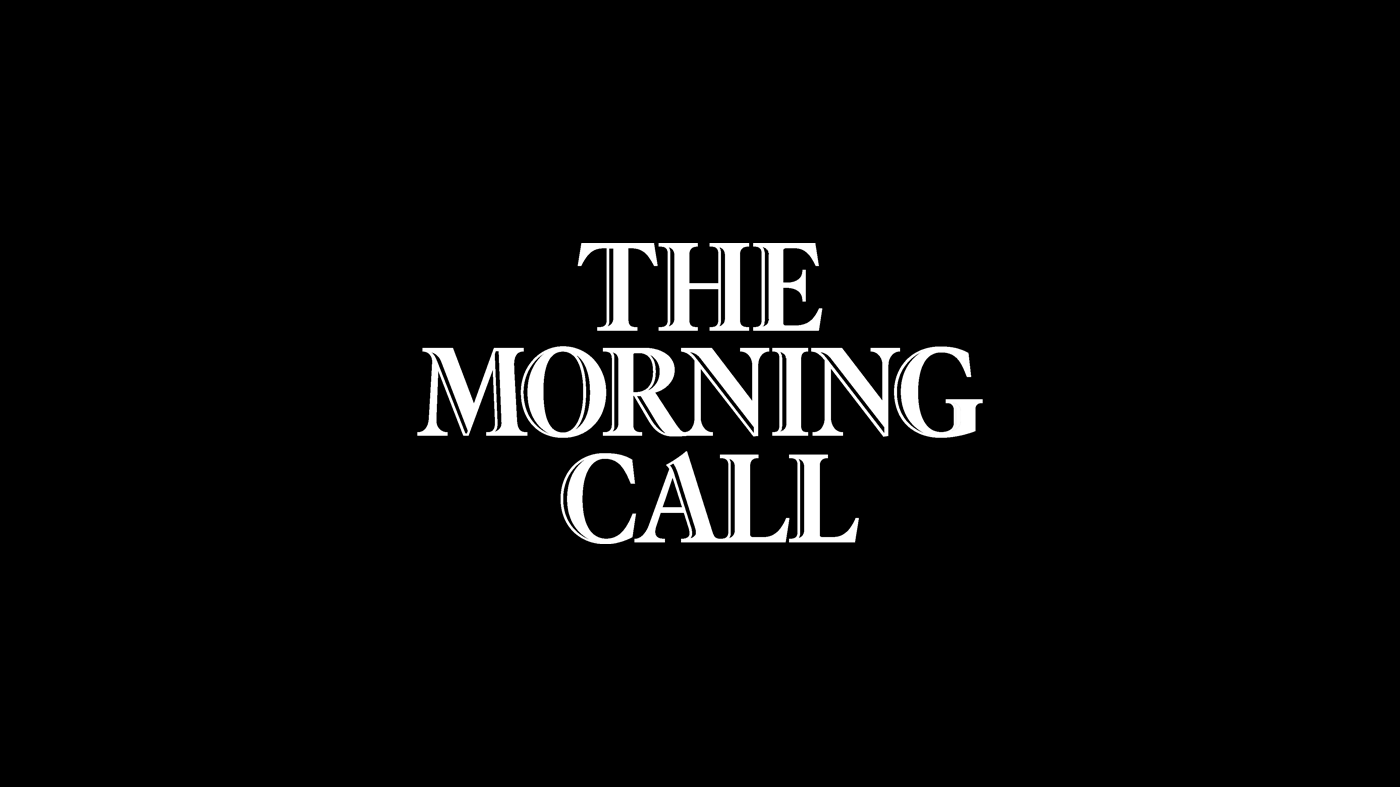UPDATE: Boulder City Council candidates are sounding the alarm over the city’s convoluted 17-page sign regulation, part of the land-use code that’s stifling business development. As voters head to the polls on November 7, 2023, the issue has emerged as a focal point in the race for four open seats.
The city’s signage rules, embedded within Title 9 of the municipal code, are criticized as overly complex and ambiguous. Lauren Folkerts, a career architect and current council member seeking reelection, describes the regulations as “a lot of regulation around something every business needs.” This sentiment resonates with many candidates who believe that the current framework is a barrier to commercial and residential growth.
Folkerts argues, “Our code really is just a conglomeration of ‘Oh we didn’t like this was happening so we made a rule to stop it.’” She and her fellow candidates assert that reforming Title 9 could address pressing issues like commercial vacancy and the ongoing housing shortage in Boulder.
Among the candidates, Rob Smoke advocates for property owners’ rights, pushing to lift occupancy limits for unrelated residents. Meanwhile, Nicole Speer believes that updating Title 9 must wait until the Boulder Valley Comprehensive Plan is finalized, a process that could take significant time.
Rob Kaplan proposes enhancing city services by introducing “staffed, in-office customer service with dedicated case managers,” allowing applicants to clarify issues directly with city staff. This approach aims to simplify the permitting process, which many candidates agree is currently burdensome.
The lengthy process of navigating Title 9 can take up to six months, according to Folkerts, forcing business owners to juggle legal fees, rent, and employee salaries while waiting for approvals. “Developers end up wanting to develop the same project they’ve done before to reduce risk because it’s a hard system to navigate,” she adds.
As candidates debate the complexities of Title 9, Max Lord, who runs a construction business, likens the code to a “Jackson Pollack painting” due to its scattered and messy nature. He emphasizes that filling vacant commercial spaces is a challenge given the intricate permit requirements.
The candidates agree that while reasonable regulations are necessary, many aspects of Title 9 cross the line into excessive. Jenny Robins, with a background in site and land acquisitions, points out the multiple layers of reviews and approvals that slow the process. “There’s by-right reviews, administrative reviews, site reviews, and historic preservation reviews,” she explains, noting that these hurdles can make even simple projects slow and expensive.
The candidates are united in their call for a comprehensive review of Title 9, with some advocating for a full rewrite. Matt Benjamin supports the idea of modernizing the code to make it more user-friendly, while Mark Wallach agrees that the current framework is too restrictive.
The potential for easing regulations also extends to addressing Boulder’s housing crisis. Folkerts notes that simplifying the code could facilitate the development of “missing middle housing,” which refers to duplexes or triplexes—housing options that are crucial for accommodating a diverse population.
Reforming Title 9 is expected to be a priority for the new City Council, with proposed changes requiring research and recommendations from city staff. However, candidates like Robins suggest considering external consultants to expedite the process and reduce overhead costs.
As the election approaches, the urgency around Title 9 reform is palpable. Candidates recognize that overcoming the challenges posed by the existing land-use code is essential for fostering a vibrant and sustainable community in Boulder.
What’s Next: Watch for the election results on November 7, which could set the stage for significant changes in how Boulder approaches land use and development. As candidates emphasize, addressing Title 9 is not just about regulations—it’s about creating an environment where businesses and residents can thrive.







